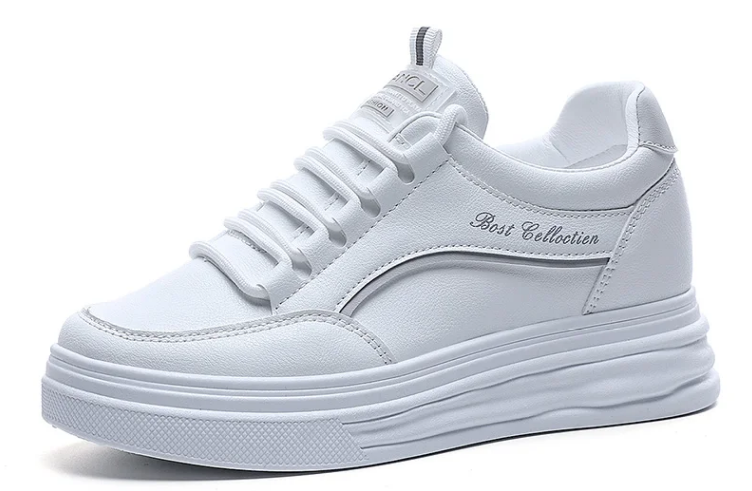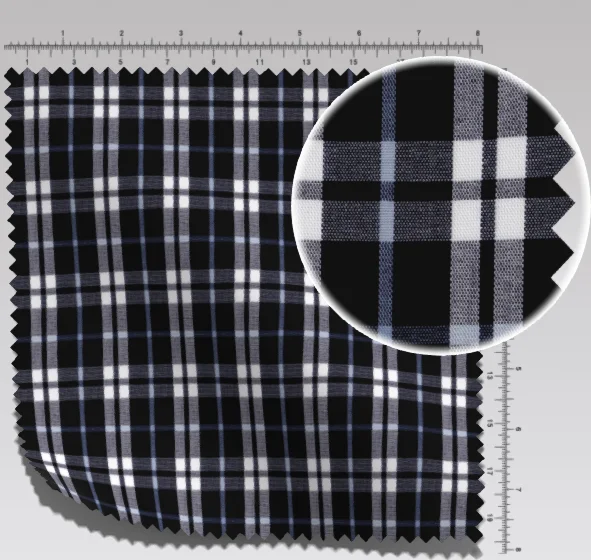Unveiling Nature's Best: The Ultimate Guide to Natural Materials for High-Performance Sportswear
3 min readIn the ever-evolving world of sportswear, the quest for the best materials is paramount. Athletes and fitness enthusiasts alike are increasingly turning to natural materials, not only for their performance benefits but also for their environmental sustainability. This article delves into the best natural materials for sportswear, examining their properties, benefits, and applications in the realm of athletic apparel.
Understanding the Importance of Material Selection
The choice of material in sportswear can significantly impact an athlete's performance, comfort, and overall experience. Natural materials, derived from plants and animals, offer unique advantages over synthetic counterparts. They are often more breathable, moisture-wicking, and biodegradable, making them an attractive option for environmentally conscious consumers.
Top Natural Materials for Sportswear
- Cotton
Cotton is one of the most widely used natural fibers in sportswear. Its softness and breathability make it a comfortable choice for casual athletic wear. However, traditional cotton can retain moisture, which may not be ideal for high-intensity workouts. Innovations in cotton blends, such as organic cotton mixed with synthetic fibers, have improved moisture-wicking properties while maintaining comfort. - Merino Wool
Merino wool is a standout in the realm of natural materials for sportswear. Renowned for its exceptional moisture-wicking capabilities, it can absorb up to 30% of its weight in moisture without feeling wet. This property makes it ideal for both cold and warm weather, as it regulates body temperature effectively. Additionally, merino wool is naturally odor-resistant, making it a favorite for long-duration activities. - Bamboo Fabric
Bamboo fabric has gained popularity due to its eco-friendly production process and inherent antibacterial properties. It is highly breathable and moisture-wicking, making it suitable for activewear. Bamboo's natural softness rivals that of silk, providing a luxurious feel against the skin. Furthermore, bamboo is a sustainable resource, growing rapidly without the need for pesticides. - Hemp
Hemp is another sustainable option that is gaining traction in the sportswear industry. Known for its durability and strength, hemp fabric becomes softer with each wash, making it comfortable for long-term wear. Its natural UV resistance and breathability make it an excellent choice for outdoor sports. Additionally, hemp cultivation requires less water and no harmful chemicals, making it an environmentally friendly option. - Tencel (Lyocell)
Tencel, a fiber made from sustainably sourced wood pulp, is celebrated for its softness and moisture management. It is biodegradable and produced in a closed-loop process that minimizes environmental impact. Tencel's smooth surface reduces friction against the skin, making it ideal for activewear that requires movement and flexibility.
The Benefits of Choosing Natural Materials
Opting for natural materials in sportswear comes with a myriad of benefits:
- Comfort: Natural fibers often provide superior comfort due to their softness and breathability, which is crucial during physical activities.
- Moisture Management: Many natural materials excel in moisture-wicking, helping to keep the body dry and comfortable.
- Temperature Regulation: Natural fibers like merino wool and bamboo can regulate body temperature, making them suitable for various climates.
- Sustainability: Choosing natural materials contributes to a more sustainable fashion industry, reducing reliance on petroleum-based synthetics and promoting eco-friendly practices.
Conclusion: The Future of Sportswear
As the demand for sustainable and high-performance sportswear continues to rise, natural materials are poised to play a pivotal role in the industry. Athletes and consumers alike are becoming more discerning about their choices, seeking products that align with their values of performance and environmental responsibility. By embracing natural materials such as cotton, merino wool, bamboo, hemp, and Tencel, the sportswear industry can not only enhance athletic performance but also contribute to a healthier planet.
In conclusion, the best natural material for sportswear ultimately depends on the specific needs of the athlete and the type of activity. However, the growing trend towards sustainability and performance in sportswear suggests that natural materials will continue to dominate the market, offering a perfect blend of functionality and eco-friendliness. As we move forward, it is essential for brands to innovate and explore the full potential of these natural fibers, ensuring that athletes can perform at their best while also caring for the environment.



